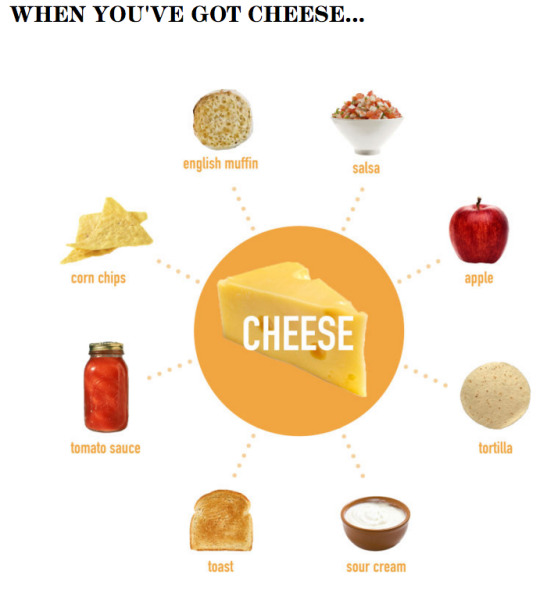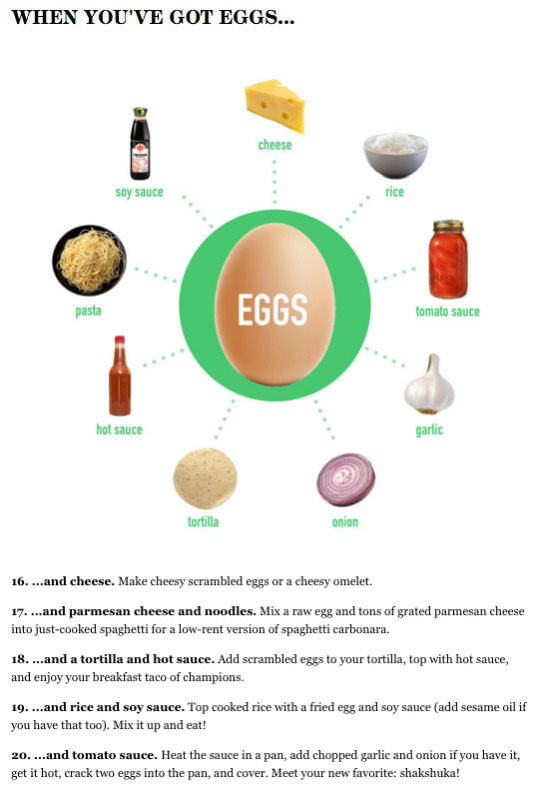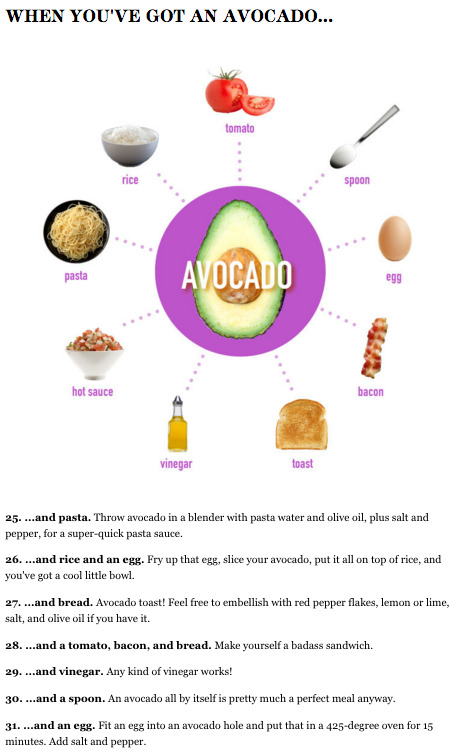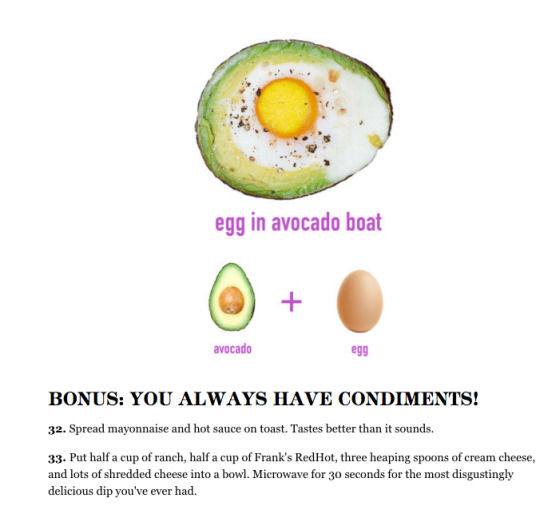Text
i got inspired
fae:
fae are creatures that subsist off of ionizing radiation (the fun stuff that gives you turbo cancer)
they can either absorb it from their surroundings (most common) or unstable elements, or from the byproduct of specific forms of "alchemy" (see below)
if a fae must travel outside their native territory, which itself is perpetually radioactive, they will often use "alchemy" to store energy in the form of heavy, unstable elements like plutonium or uranium, colloquially referred to as "fae food", and preserve them using spells that halt their radioactive decay
fae's stomachs don't have stomach acid, but instead contained magical fields that rapidly accelerate radioactive decay in a process similar to digestion; after this "digestion" is finished, a fae must void their stomachs of the stable byproduct via regurgitation since it is essentially dead weight
alchemy:
alchemy, in this case, is extremely localized nuclear fission/fusion, created and maintained by fae magic, which allows them to substitute heat energy for their own natural radiation energy and vice versa
iron thus acts as a base element and as an energy sink for alchemy, as moving towards it (fusing lighter, splitting heavier) releases energy and moving away from it (fusing heavier, splitting lighter) requires energy
this is also why fae are naturally averse to iron; it absorbs their magic efficiently while itself being very inefficient to transmute due to being extremely stable
......suddenly struck by the idea for a piece of worldbuilding of "fae don't like iron bc it is the most stable element*"
*as in elements higher you can extract energy via fission and lower you can extract energy via fusion but iron itself there is no excess binding energy to extract at all
79K notes
·
View notes
Text
The Man with No Eyes
The man with no eyes was a kind soul.
Despite his situation, he took every opportunity he could to help those within his reach. Some basic directions for the mother and her child, bewildered and beleaguered, a bowl of soup for the pauper on the street corner, accepted graciously with shaking bony hands, a shoulder to cry on for the grieving father, left with nothing and nobody after too much hardship. Bit by bit, these kindnesses circulated in the little village by the lake, and the man with no eyes was soon known by all.
The man with no eyes was also a pious soul.
Day after day, he pored over books weathered and stained with age, tracing over the ink with old, slow hands and painstaking care. When he could not read by touch, he called on his daughter, a strong and lively woman, to read for him. She does not embody the village's faith like him, and yet still read to him with all the care and devotion of a priest to their god. Once a week, when the village gathered in the church which doubled as his abode, he would find his way to the podium, pull the passages of scripture from memory -- it was beginning to fail him in his old age, yet always found the correct lines -- and preached love and compassion and support and understanding and holiness, for these were the words of their god that he had devoted himself to embodying.
And one day, the man with no eyes was very, very lucky.
It was sheer coincidence, his god said, that he was the one to receive a divine boon, yet it seemed so fitting that one so devoted to faith should receive it. The man with no eyes politely disagreed, said he was no more fit for favor than a lost mother or a pauper or a grieving father. His god did not understand. They asked the man with no eyes how he stayed so devoted to his craft, even while the world around him was black and empty. The man with no eyes chuckled, well-worn smile lines creasing across his face, and said that with such lively village folk to share life with it certainly didn't feel empty. Yet still, his god did not understand. At last, his god offered him a boon, anything within their power to grant. The man with no eyes pondered for a bit, stood up from his seat on the ground, and said no thank you, actually; he'd rather it be given to another -- or better yet, could his god grant a boon to his village? Wise as he was, the man with no eyes feared that, as his life faded, so too would the words of his god that he had devoted himself to embodying.
This his god truly did not understand, and so they rejected it.
His god told him no, this isn't how it works; their boon was meant for one person and one person only, you can't just share the favor of a god. The man with no eyes, as wise as he was kind and pious, asked his god why their power was limited as such if they were divine as they claimed. His god angered, and rose to meet the man with no eyes at face level, wrathful shining sight finding wrinkled empty skin. His god screamed, and accused the man with no eyes of challenging his rule, and the man with no eyes stood, and waited, and listened, and did not answer, for the god standing before him knew his answer.
The man with no eyes was cast down, falling from heaven through the stars and sky and clouds, returning to earth. He had not the strength to rise again -- he was, indeed, reaching the end of his time. When the village folk found him, lying spent on the earth, their combined grief and rage traveled through clouds and sky and stars to reach heaven to demand this be fixed, that their greatest treasure be returned to them. When this passion found the god, bereft of the love and compassion and support and understanding and holiness that the man with no eyes had taught them, bereft of the true devotion to the words of their god, the old god was no more. In their place, a new god was built from the ashes of fond memories, stitched together and held in place by love and compassion and support and understanding and holiness repeated thousandfold.
The god with no eyes is a kind soul.
0 notes
Text
Random Worldbuilding Ideas: How To Kill A God
Killing a god is no easy feat. Killing seven should have been impossible. Nevertheless, our forebears are dead and forgotten. Dead and forgotten; I guess those are the two key ingredients. Divinity in this realm is tied directly to worship -- as long as mortals speak your name in reverence and offer up themselves to you, you are immortal. However, there must be a... base essence of sorts for the worship to fuel and build upon. That's where our Cores come in. They are physical object, yes -- albeit so deeply infused with magic that they might as well not be. Nevertheless, they are a thing that is so innately tied to our purpose as divinity that without it we cease to exist for a long, long time. It's a heart for lack of a better term. We received ours from our progenitors: the eyes of my creator for me and my counterpart, the hands of another for two of my other siblings. While ours are but single body parts around which we were built, our ancestors fittingly had their whole beings, immense and impossible as they were.
Destroying these beings, the Cores of those who breathed life into us, took the majority of the centuries-long conflict we fought with them, and my siblings and I nearly lost our own in the process. Despite everything, however, one by one, we tore down the very essence of our creators. It started with mine; painstakingly, agonizingly, we gouged out eyes, cut off ears and noses, melted skin to dull senses, and when we were done, the one that knew all could learn no more. They were the most important one to erase. Knowledge wins wars, after all. After that, we waged similar battles of attrition on the remaining six, and we were eventually left with nothing but a confused and grieving religion worshiping dead and festering gods. The cleanup was easy. Take away a mortal's understanding of the world, and suddenly they're very receptive when you introduce your own. Display some divine might, deem the old gods heretical, and very soon you'll have a whole population willingly ridding themselves of the idols and places of worship you need them to. After that, we simply... took their place, and that was that. Our forebears were dead and forgotten, and we had taken their place.
To this day, I wonder if some had rebuked our new rule, secretly continuing old rituals and traditions in service to those who came first. My siblings seemed to as well, and the thought terrifies them. They had spent many a decade personally scrubbing the land of those who would reject their message, fearing any small pocket of resistance would eventually revive our old enemies and spell the end of our reign.
Personally, I would welcome it.
0 notes
Text
Random Worldbuilding Idea: Divinity
Divinity is an interesting thing in Terra Astrum. The gods themselves are quantifiably real, for one; anyone with proper technique and motivation can find themselves face-to-face with one of the core seven Risen -- albeit, an aspect made specifically for mortal dealings. And yet, none can seem to agree on the exact appearance or demeanor of any of the Risen. The basics, sure -- The Sentinel is always tall, imposing, and stoic, The Herald always golden and resplendent -- but there are always differences. The Sentinel's many battle scars are never in the same place, The Herald's intricate dress never exactly as others described it. One must wonder if personal belief plays a factor in these discrepancies, if one's beliefs about how one of the goddesses must look influences how they appear. While no two descriptions match for any of the seven, any who have viewed one have described them as "exactly how they expected her to look".
Further proof of this can possibly be found in the wildly different descriptions of each goddess from long before modern times, especially compared to their inverse, the Fallen. In times of greater war, the Fallen often had more flattering depictions than their sisters: The Warmonger was not quite so imposing as today, but more... heroic? Not heroic, no -- glorious would better describe it. His opposite, The Mediator, was interestingly seen as more snakelike, conniving with a silver tongue and unreadable intentions. Interestingly enough, this description has been largely assigned to The Deceiver in the current day. Upon asking The Mediator about this stark contrast to her current self, she described it as "me but not me; a past version of myself that better... suited the tastes of your ancestors. I'm glad to be rid of it."
1 note
·
View note
Text
Random Worldbuilding Idea: The Omniscient Lays Dormant
The Omniscient, the eldritch god of knowledge, designed the world such that all information passes through them, and thus they know all that occurs. When they were overthrown, their usurpers did their best to undo this rule — but they were not perfect. Through the whispers of crows and rats, through the simple impulses of maggots festering in rot, The Omniscient lies dormant yet still learning, creating piecemeal a picture of the world without their presence, and passing it along to their more... proactive siblings.
2 notes
·
View notes









